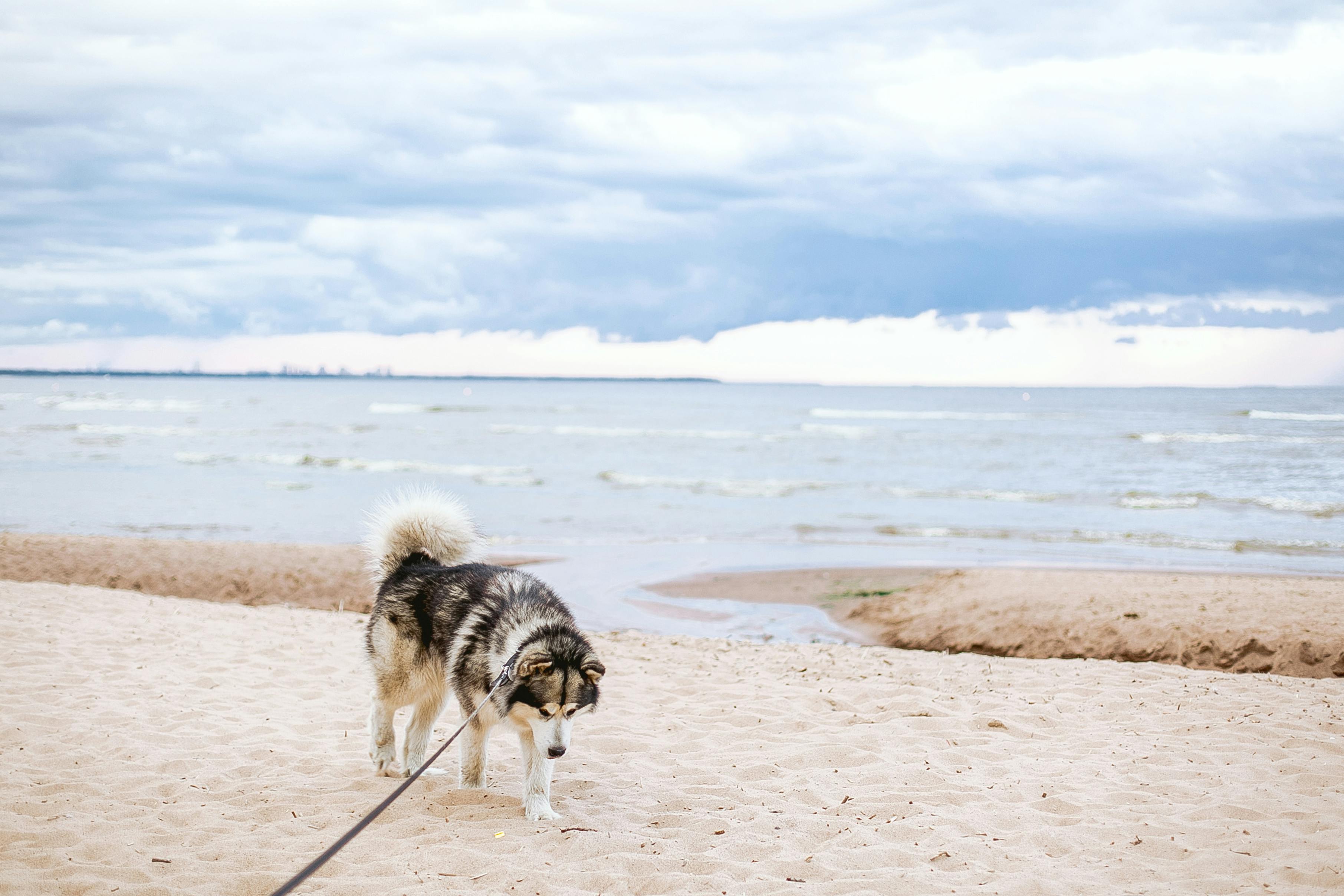After the recent floods in Ghana that have killed at least thirty-five people, I am motivated to share with you the experiences I learned from my father in his ‘land-buying stories’.
The recent floods in the country, which meteorologists say are the result of global warming, are considered the most disastrous in recent years.
Ghana is a country that experiences rainfall mainly in June and July every year. The intensity of this rain fluctuates between the years with some years experiencing very heavy downpours than others.
But for the past year and this year, the downpour has been so intense that it has caused flooding in most parts of the country. These floods have caused the destruction of illegal structures, mostly houses in water courses. The government is doing it to create a track for the water to minimize the havoc caused by flooding.
This means that you should be careful about the land you buy and where it is located. The points that follow will serve as advice to follow when you go to buy land anywhere in the country.
First, I will share with you what my father says will prevent you from acquiring land that has so many court cases or land that has the potential for disputes. When you are going to buy a land, especially in the Greater Accra region, apart from the legal documents, persuade the traditional authorities to pour libations on this particular land. The serious belief in libation on the part of the Ga’s (the owners of the land in this region) will prevent them from deceiving their gods by selling this land to a second party.
One thing worth noting is which boss you buy a land from. Due to the many chiefdom disputes and court injunctions over who sells land in many of these areas, you need to ask around and know the right chief who can sell you land. There have been cases where ‘illegal’ chiefs have sold land to individuals and these lands are later confiscated.
Second, when you decide to buy land, do it in a rainy season. So when you go to the site and the depth of the pool of water in the ground is about knee height, it implies that one day that is the amount of water that will be collected in your house. If, on the other hand, the soil dries out quickly after rain, you have good soil that you can buy.
Third, you should look for a type of shrub that is locally called ‘sre3’ in the Akan language. This shrub grows easily in flood-prone terrain. When you go to buy land and see these types of plants, you may want to consider returning in the rainy season to confirm your suspicions.
Your financial situation is also very important. In this way, you can take the risk of buying flood-prone land because you can afford to erect a foundation that will prevent water from entering your house when it rains.
You must also take into account the area or town in which you buy the land. When many of the buildings in this area are on waterways, it means that when there is a heavy downpour there will be no passage for the water to escape, so the whole place will be flooded.
Lastly, and most importantly, after completing all of these background checks, contact the Land Commission or any government agency in the locality that is responsible for the land to seek further official advice on the land you wish to purchase.
Thanks for reading and have a good land buying experience.




Recent Comments